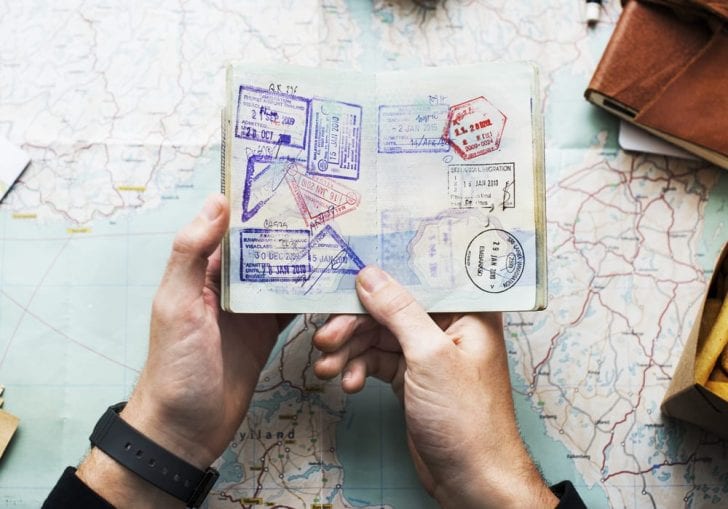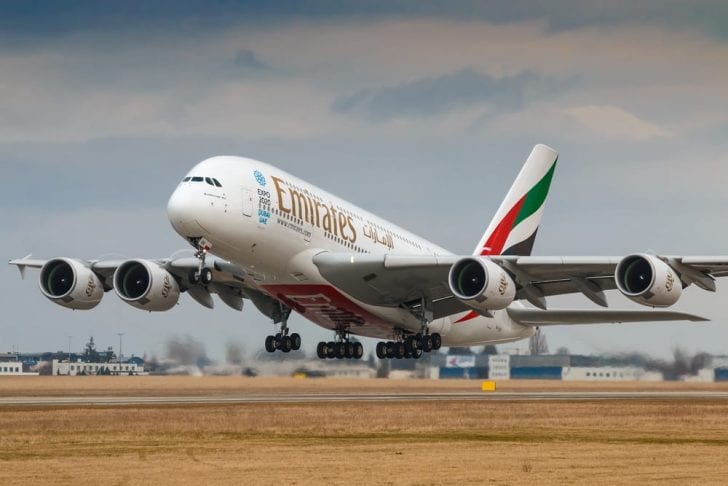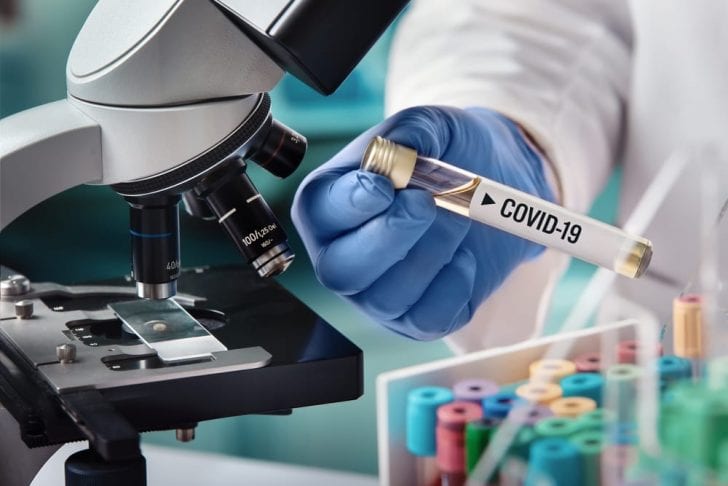The travel industry has come to a complete halt because of the Coronavirus pandemic but governments tried to revive the industry by offering ‘immunity passports’ to those who have already recovered from the potentially life-threatening virus.

To bring the travel world back on track, experts are exploring different options to open corridors for those who have antibodies for COVID-19, through immunity certificates and mobile apps.
But is it really possible to be able to travel without any restrictions, protection masks or hand sanitizers? The idea was attractive, but it didn’t hold up against new claims by experts.
The idea of travel immunity was first ignited by Emirates, an airline company that started testing passengers for antibodies two months ago. But these tests were shortlived after it was found that they had an accuracy rate of 30% or less.
If the low accuracy rate wasn’t bad enough, scientists revealed that out of the 14 antibody tests available on the market, there were only 3 that provided relatively reliable results and that too with 30% accuracy.

After the shocking revelation, FDA announced that if testing brands weren’t able to prove the accuracy of their results in 10 days, they would be immediately removed from the market.
So far, FDA commissioner, Stephen M. Hahn, has announced a notification list of 31 testing kits that with unreliable results. Even those that aren’t on the list have such a low accuracy rate that experts recommend taking a second test for added assurance.
But even if the tests were accurate, having COVID-19 antibodies against the virus doesn’t mean the person is completely protected from the virus.
Unlike measles and chickenpox antibodies, that provide immunity for decades, COVID-19 immunity doesn’t last because of the virus’ ability to mutate, forming a completely new strain over time. This only proves that there’s no certainty that those who have been infected once won’t be infected again.

But in order for these immunity passports to work, there should be enough people with COVID-19 antibodies, which doesn’t look likely in the near future. With only 5% of the population having antibodies so far, there have been very few recoveries to make the plan worthwhile.
Even though an antibody test may not be your golden ticket for global travel but it’s still very important to track the pandemic and track down clusters that may need more of the frontline workers’ attention.




